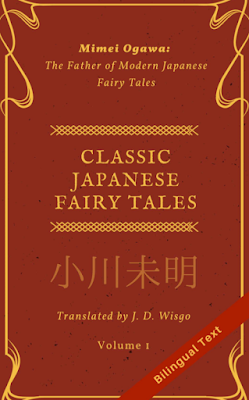"Undine" by Friedrich Heinrich Karl de la Motte Fouque (published 1811)
| “Undine”, written in German by Friedrich Heinrich Karl de la Motte Fouque in 1811, is considered one of the finest stories from the fairy-tales and folklore canon. Although the author was influenced by previous stories (specifically a French tale as well as the work of a Swiss writer), “Undine” is exceptional because of the language and writing within its pages. George Macdonald, a Scottish author, has famously said: “Were I asked, what is a fairytale? I should reply, Read Undine, that is a fairytale…” The story begins with a complete and concise statement of the overall plot. What would usually be considered a “spoiler” is not so in “Undine”. And rightfully so, because the elements of the characters and setting are described so mysteriously that the story becomes completely engrossing, and the one reading it will forget all about the introduction. The story is rich with subplots as well, and thus brings the reader into many different worlds; a quaint rural cottage, an island garden, an enchanted wood, the town and kingdom, and the deep blue sea. The story of “Undine” has passionate discourse all the way through, which has made it suitable for famous operas, ballets, and musical scores. The beautifully crafted sequence of events is absolutely captivating and makes for a magical love story. The entire makeup of the story, though at times exuberant, is full of a powerful underlying melancholy. Perhaps a kind of melancholy that only Undine herself could truly appreciate for all it’s worth. |




Comments
Post a Comment